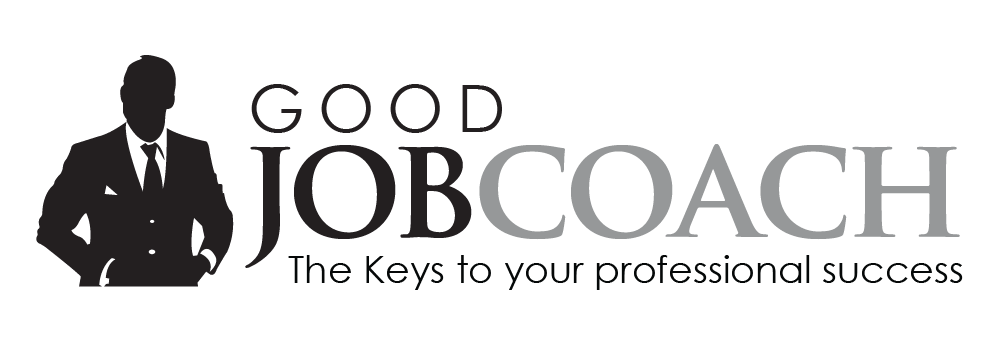The number of US unemployment benefits applications rose by 7,000 last week, increasing the adjusted total number of reported unemployed benefits claims to 343,000 (according to the Boston Herald, July 25, 2013). With the number of unemployment claims reaching a new high, job seekers now face fierce competition in a depressed market with too few jobs available. In this employer-driven market with more job applicants than there are jobs, most job seekers find themselves walking into a mountain of frustration that causes self-doubt and results in prolonged unemployment or settling for a job that is not ideal.
Even though the unemployment rate is high, we are also fortunate in that there are cutting-edge technologies at our disposal. For the first time in history, people can browse for jobs on their phones by taking advantage of mobile applications offered by Monsters.com, CareerBuilder.com and other similar job search sites. In addition to being able to view job listings, these sites also provide information such as how to write a resume and how to manage interviews. I used to pay attention to these tips and suggestions, as they are critical in determining success or failure. However, the jobs listed on these websites are often not good jobs. Also, many of the posting are for positions managed by third-party headhunters who do not work for the actual company and therefore does not know the nuances of the company or specifics of the job. I also find that much of the advice offered on these sites lacks a certain element that is vital to the execution of their advice. For the longest time, I could not pinpoint the missing element. It was not until I transitioned from an IT career to a career in counseling that I realized the important role social intelligence plays in securing a job.
Enter Social Insight
While it is possible to coach someone in writing a resume and how to best answer common job interview questions, there is no shortcut to mastering social intelligence. For example, you can easily follow a script to answer questions like “Where do you see yourself in 5 years?” or “What are your weaknesses?” However, many job seekers are ill prepared to answer difficult questions that are designed to assess competency or level of confidence in performing a task. In addition, there is very little information available on how job seekers should handle the smoke screen or tactics used by companies that try to avoid giving a straight answer.
Social intelligence is not an academic discipline that is taught in the classroom yet we cannot live without it when we interact with others. For example, say you are interested in buying a new car at a dealership. Most of us are aware that the manufacturer's suggested retail price (MSRP) is not the actual price you have to pay to purchase a vehicle. Yet you cannot expect the salesperson to tell you that; and even if he does, he will not tell you how much lower he will be willing to go. And you certainly will not find an answer from academia or from your state legislature. For most of us, how well we bargain depends on our social intelligence.
Finding a good job or a career requires a high degree of social intelligence. The good news is that it does not have to be left to chance. What follows are the 3 key points I have gathered from my work as a professional school counselor, my graduate school education and from being as an avid reader of books related to this topic:
- Know yourself and plan all the way to the end.
- Be centered; eliminate anxiety or neediness by not acting desperate.
- Do not go past what you aimed for; know when to stop.
I will elaborate on each of these key points in my future blogs.
Please leave any comments for me below or email me at: admin@masterydesign.com

